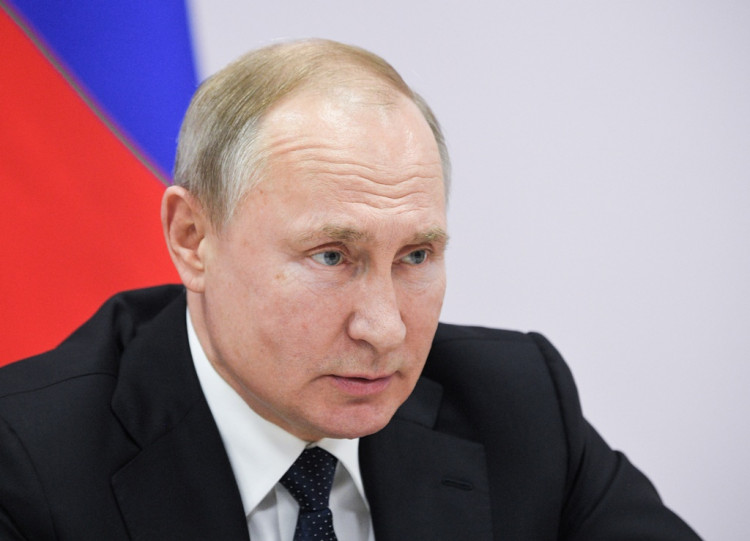The United States has sounded the alarm over new intelligence suggesting Russia might be pursuing the development of a space-based nuclear weapon. This revelation, which has sparked concerns among Congress and European allies, points to a potential escalation in the militarization of space, challenging the existing norms and treaties aimed at maintaining space as a domain free from weapons of mass destruction.
The exact nature of the purported Russian space-based weapon remains shrouded in ambiguity, with U.S. officials and analysts questioning the rationale behind deploying nuclear arms to target satellites. Such an action would not only undermine global communication and surveillance systems but could also destabilize the intricate balance of nuclear deterrence and command structures worldwide.
This intelligence emerged in the wake of a cryptic warning from Rep. Mike Turner, the Republican chair of the U.S. House of Representatives Intelligence Committee, about a "serious national security threat" posed by a "destabilizing foreign military capability." The nature of this capability, while not explicitly detailed, has been linked by sources to Russia's ambitions to position a nuclear weapon in space, ostensibly to threaten or disable satellites rather than to launch terrestrial attacks, as reported by Reuters.
The U.S. administration, while acknowledging the gravity of the matter, has sought to temper public concern, with National Security Adviser Jake Sullivan and other officials emphasizing the issue's sensitivity without inciting panic. Sullivan confirmed a scheduled classified briefing with congressional leaders, reflecting the administration's commitment to transparency and dialogue on national security matters.
Amid these alarming reports, the international community recalls the 1967 Outer Space Treaty, a cornerstone agreement that prohibits the deployment of weapons of mass destruction in outer space. Both the United States and Russia, as signatories, have historically upheld this treaty, despite their continued advancements in military satellite technology and other space capabilities.
Russia, for its part, has dismissed the U.S. claims as a "malicious fabrication," with Kremlin spokesman Dmitry Peskov suggesting the allegations are a ploy by the White House to secure additional funding from Congress, particularly for Ukraine aid. Deputy Foreign Minister Sergei Ryabkov echoed this sentiment, accusing the United States of engaging in disinformation, according to ABC News.
As the world grapples with the implications of this intelligence, the broader geopolitical landscape comes into focus. The United States and Russia, possessing the lion's share of the world's nuclear arsenal, find themselves at a potential inflection point in their already strained relations. The prospect of space becoming an arena for nuclear confrontation adds a new layer of complexity to international security dynamics, raising urgent questions about the future of arms control and space governance.
The unfolding situation underscores the need for robust diplomatic engagement and a reinvigorated commitment to arms control frameworks that can address the evolving challenges of modern warfare and space militarization. As the U.S. and its allies digest the implications of this intelligence, the global community watches closely, hoping for a resolution that steers clear of exacerbating tensions and ensures the peaceful use of outer space.




